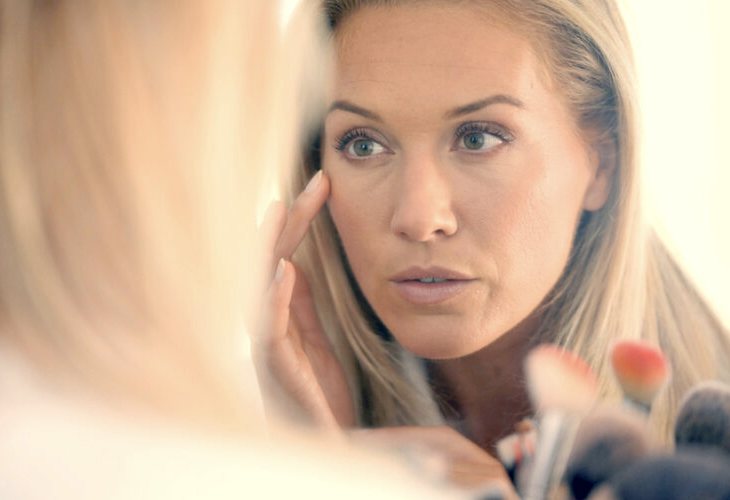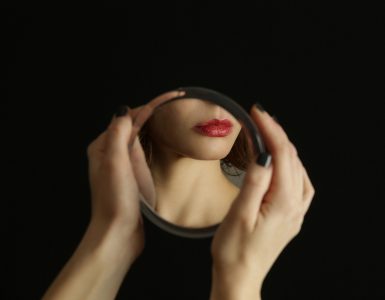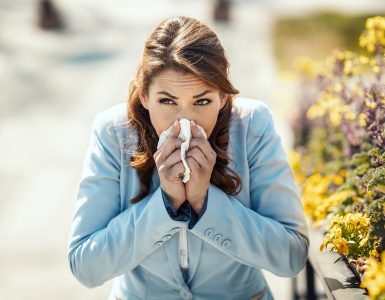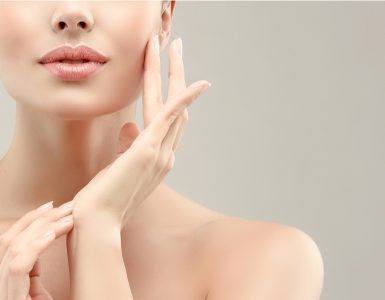As you approach menopause, you might start to notice a series of physical changes start to occur all over your body
Your bones, skin, hair, midsection, and fat distribution will all undergo transformations over time, soon becoming your ‘new normal.’
These changes can feel stressful and painful for some women, but it is important to remember that they are a normal and natural part of life. It’s also important to note that you can make simple and effective changes to feel your best, no matter what your age. More and more, you can find products designed specifically for women going through menopause and peri-menopause.
Emma Chiu, the Creative Innovation Director at JWT Intelligence, a ‘trend hunting’ agency, explains
“The increase in women candidly talking about the menopause has given rise to products and services addressing the growing needs during this inevitable life stage. Beauty brands are beginning to create products focused on bodily changes such as hot flushes and sleep deprivation, it’s no longer about anti-ageing.”
Wellness retreats, peri-menopausal and postmenopausal supplements, exercise classes, and skincare products – you can take control of your body as you age, transforming a once taboo topic into a point of pride
1. Your skin will likely lose elasticity – Menopause can cause your collagen, oestrogen and calcium levels to drop, which makes your skin thin and decreases its elasticity. You’ll notice this around your neck, jawline, and in the hollows of your cheeks. Fight this effect with vitamin supplements designed specifically for menopausal skin.
Many women going through menopause report that their hot flushes and sweats keep them from sleeping soundly
In addition, a lack of oestrogen and progesterone can also prevent you from getting your valuable rest. Without a good amount of sleep, your skin can’t look its best, and you’re more likely to feel cranky and moody. Try to reduce your stress, avoid caffeine after noon, and get a lot of exercise.
That can be easier said than done, as when you don’t feel well rested, you end up cancelling your gym plans. However, a recent PureGym survey found that 78.2% of those who did make it to the gym felt better afterwards
David Wiener from fitness app Freeletics explained that a similar study
“found that women who even just stretched for 10 minutes a day saw a self
reported improvement in their menopausal symptoms, including mood and
sleep quality after only three weeks.”
















